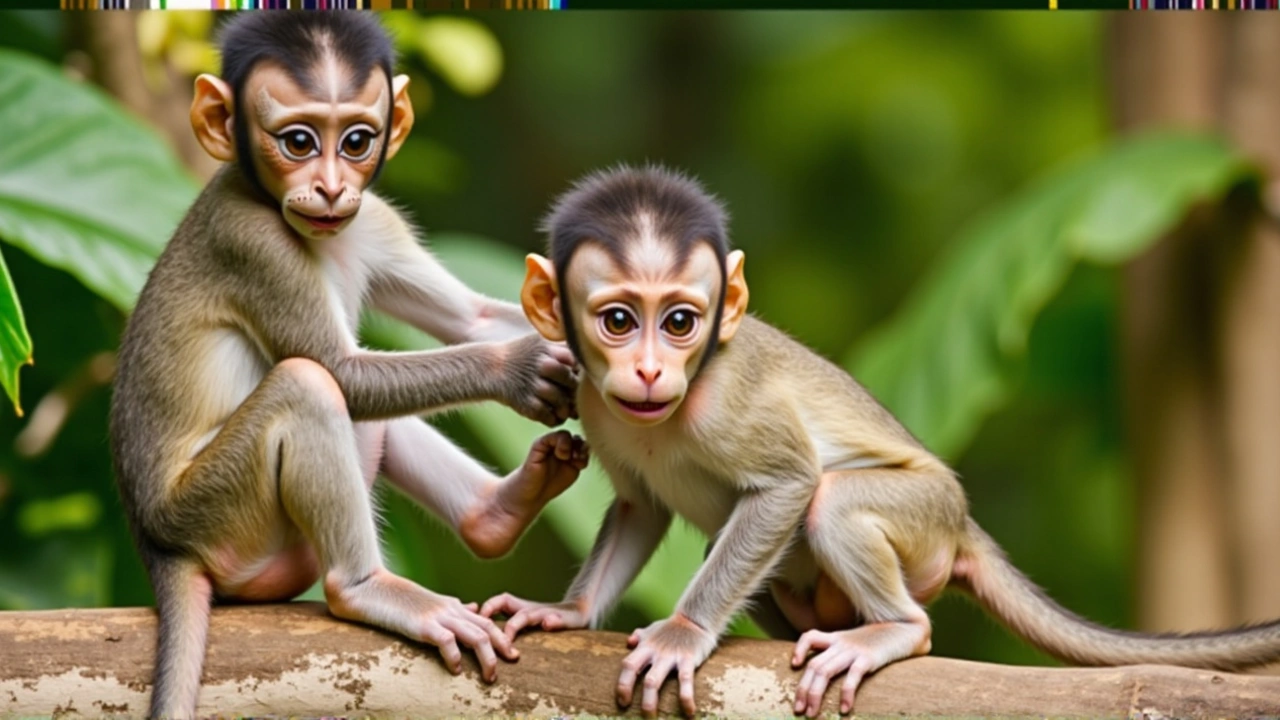Monkey Escape: What to Know and What to Do
Seeing a monkey loose near your home or on the road is alarming. These animals are quick, curious, and can cause traffic accidents, property damage, or injuries. Stay calm and follow clear steps so you and others stay safe while professionals handle the situation.
Immediate steps to stay safe
First, keep your distance. Don’t approach or try to catch the animal. Monkeys can bite or scratch when they feel threatened, and scratches can transmit infections. If you or a pet is chased or bitten, wash the wound with soap and water and get medical advice as soon as possible.
Secure pets and small children. Bring them inside and close doors and windows. If you’re driving and spot monkeys on the road, slow down, turn on hazard lights, and wait for them to move rather than swerving. Report the sighting to local animal control, the zoo (if nearby), or the relevant wildlife authority. Give a clear location, number of animals, and any description that helps responders find them fast.
Do not feed the animals or leave food outside. Food draws them closer and makes recapture harder. If you see someone trying to take photos up close or feed the monkeys, warn them to step back and call authorities if they ignore the risk.
How escapes happen and how they’re fixed
Escapes usually come from weak enclosures, transport mistakes, or people keeping primates illegally. Zoos and sanctuaries normally have emergency plans: perimeter checks, radio calls, trap cages, and trained teams with tranquilizers. Recapture aims to avoid stress and harm to both humans and animals.
If a pet monkey has escaped, owners face legal and safety issues. Many places ban primates as pets because they carry diseases and are hard to manage. Owners should call animal control, give precise location details, and describe the monkey. Do not chase the animal or try to lure it with food—this can make it move into more dangerous areas.
Community response matters. Local councils and wildlife services often ask residents to close gates, report sightings, and avoid public parks until the animals are contained. Media reports should focus on facts and safety tips rather than sensational images that encourage risky behavior.
Prevention is the best cure. For zoos and private owners that are permitted to keep primates, secure enclosures, routine inspections, and clear transport protocols reduce escape risk. Communities can help by discouraging the illegal trade and by reporting any signs of animals being kept in poor conditions.
If you want to help: document without getting close, note time and direction of travel, and pass that info to authorities. Quick, calm reporting speeds up a safe recapture and keeps everyone—people and animals—out of harm’s way.
Stay alert, stay safe, and follow local authority instructions when a monkey escape happens. Your actions can make the difference between a quick resolution and a dangerous situation.

Escape of 43 Monkeys from South Carolina Lab Sparks Public Interest and Safety Concerns
Keabetswe Monyake Nov 9 20In a surprising turn of events, forty-three Rhesus macaque monkeys managed to escape from the Alpha Genesis facility in Yemassee, South Carolina, due to human error. The monkeys, young and harmless, aren't infected with any disease, easing public concerns. While they caused a stir in the community, Alpha Genesis has equipped the area with traps and thermal imaging to secure their safe return. The organization aims to ensure no further incidents occur.
More Detail